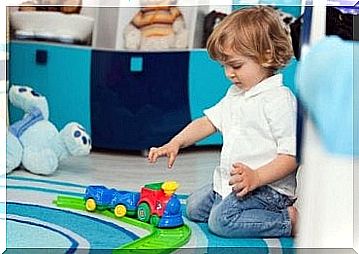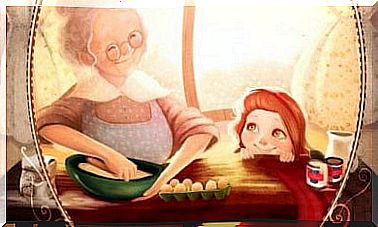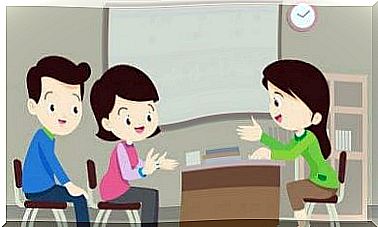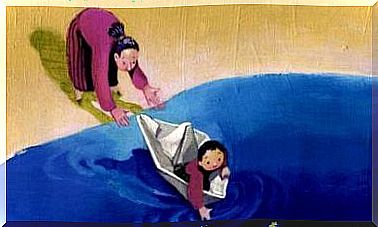The Terrible Course Of Two Years – Being Parents

The two-year mark is a time of great physiological and psychological changes in children, almost like a little puberty. They begin to assert their autonomy and express their character in ways that adults can sometimes despair.
This stage can begin around 18 months and extend up to four years. It is a normal phase to live although, according to the circumstances of the child and the family, it can be lived in a more or less intense way.
What does the terrible two-year milestone consist of?
Any parent whose children are past this age can testify to the drastic change in the way children are at the age of two. Some of the most common behaviors are:
- The child becomes capricious and wants to impose his desires at all costs.
- He becomes egocentric and possessive, he does not want to share.
- The “no” took hold in his vocabulary and he became stubborn. He does not take orders or help from an adult.
- He gets angry easily, for minimal things. The child p Leure shouts and often tantrums.
- In their rush to impose their decisions, some children may begin to reject foods or activities that they previously accepted.
- Despite the parents’ attempts, when a temper tantrum occurs, the child does not listen or reason.

Understanding toddlers
At this point of confusion and exhaustion, many parents wonder who traded their little angel for a hysterical and uncontrolled little human being. What happened ?
At this age, the cognitive and motor development of the child has changed considerably. The little one is already able to move and move around on his own, just as he can reason and choose. He begins to know what he wants and wants to achieve.
Until that moment his being was so fused with his main attachment figure that the child hardly made a difference. Now he begins to see himself as an individual separate from his mother, with his own identity, personality and abilities.
The need for self-determination is then released. He wants to use and enjoy this differentiation with his mother. The child explores his tastes, his ideas and his character. He wants to choose and do things on his own, without adult help or intervention, and he hates the fact that this independence is not respected.
The child now sees his desires but not his limits. He knows what he wants even if he doesn’t quite know how to get it. He begins to become more self-aware and to experience more complex emotions, such as pride or shame.
However, he still does not have the ability to deal with or clearly express his emotions, and in the event of a parent’s refusal, he can only react with temper tantrums. At this point, he is not quite able to understand why he cannot get what he wants and why he is limited.

This is a complicated step for parents and children who in many cases do not even know what is happening to them or why they are so upset.
The keys to overcoming the terrible course of two years
Although this is a normal and transient stage, it can be truly hopeless for parents. Frustration and helplessness can be a part of their daily life. Sometimes they will feel so short of resources that they will want to throw in the towel.
It is imperative to remember that even if we do everything right, we will not see immediate results in our children. Temper tantrums will occur and yet the path of patience, love and respect will always be the right one.
- Do not react violently, scream, or hit your child. Keep calm and talk to your child with love. Patiently accompany his outburst of anger and, when finished, calmly explain your reasons.
- Give in moderately. If possible, avoid giving a resounding “no”. It is best to give him several options that he can choose from. If the child’s wish is acceptable, give in. If this is not acceptable, stand firm and accompany him in his frustration.
- Try to maintain your habits and let your child know in advance what is going to happen. This will ensure a sense of security.
- Don’t judge or harshly criticize him for his temper tantrums. He does not do it maliciously and only learns to live. At this age, some cruel comments can seriously damage their self-esteem.









